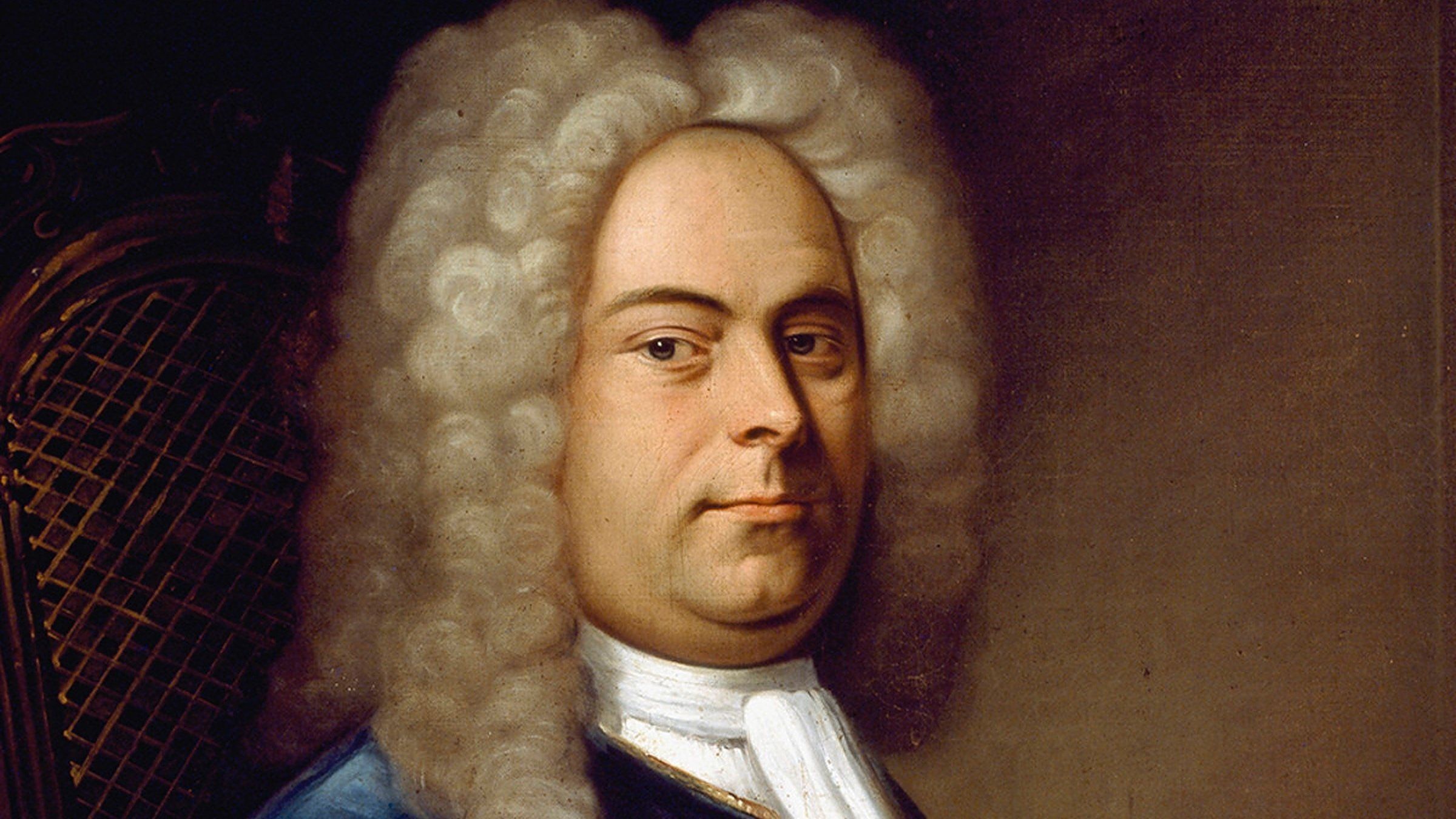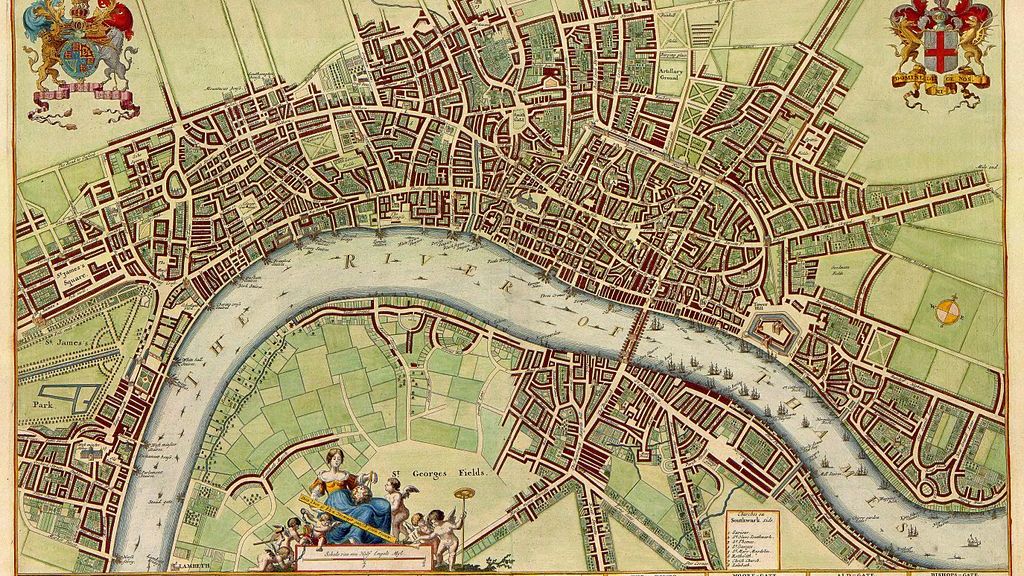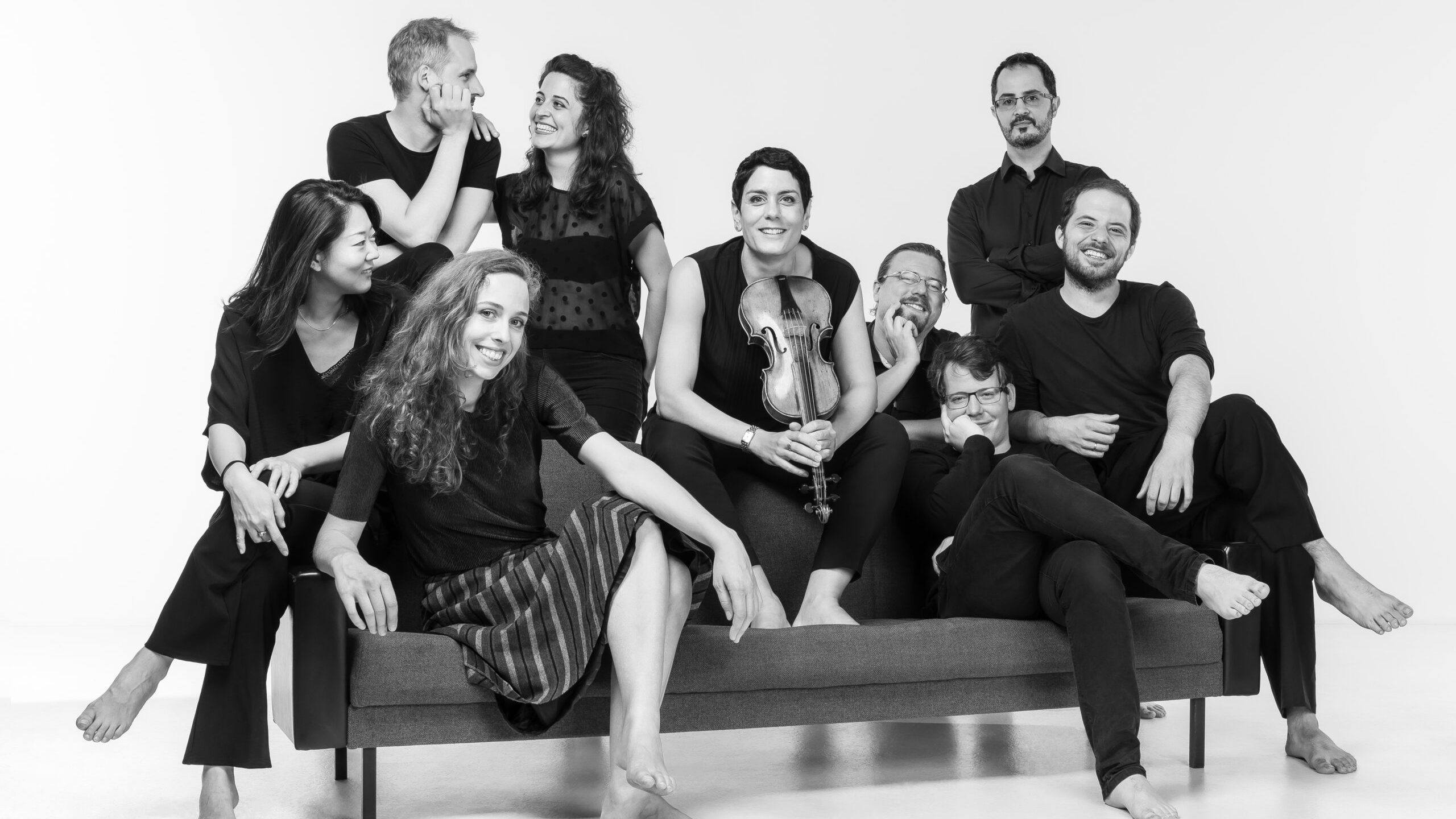Bach’s Prelude and Fugue in B-flat Minor, BWV 891: Stratospheric Stretto
Epic is a word that could describe Bach’s Prelude and Fugue No. 22 in B-flat Minor, BWV 891. The companion pieces come near the end of Book II of the Well-Tempered Clavier, the manuscript of which is dated between 1739 and 1742 in the final years of the composer’s life. From the Prelude’s opening bars, a dense contrapuntal conversation unfolds. At moments, the imitative voices resemble a fugue. The real fugue arrives with …







